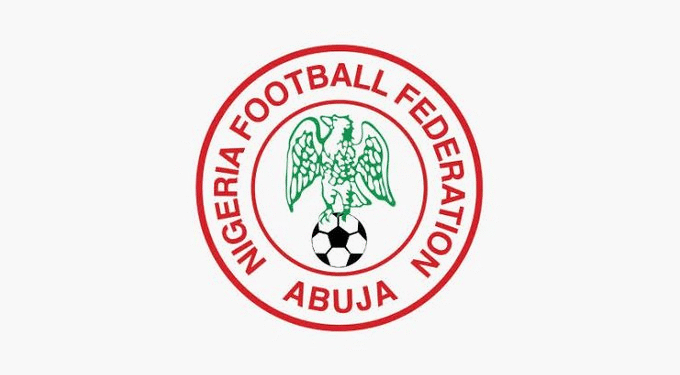The Nigeria Football Federation (NFF) has apologised to President Bola Tinubu, the Federal Government, and millions of Nigerians after the Super Eagles failed to qualify for the 2026 FIFA World Cup.
In a statement on Monday, the NFF described the penalty loss to DR Congo in Sunday’s Africa Playoff Final in Rabat as “a moment of profound sadness for Nigerian football.”
“For a nation where the Super Eagles serve as a symbol of unity, hope, and collective pride, missing out on the World Cup for a second consecutive time is a disappointment of great weight and emotional depth,” the Federation said.

The NFF acknowledged the high expectations of Nigerians and admitted that the players and technical crew were devastated by the outcome. It noted that emotions ran high in the dressing room, where several players struggled to speak after the match.
The Federation also expressed gratitude for the support received from the Federal Government, the National Sports Commission, the National Assembly, MDAs, diplomatic missions, the media, and fans throughout the qualification campaign.
Reaffirming football’s special place in the country, the Federation described the sport as “a national language and a bridge across cultures,” uniting more than 200 million Nigerians.

With the 2025 Africa Cup of Nations in Morocco just weeks away, the NFF said focus has shifted to preparing the team for a stronger showing. It vowed to undertake an “honest, uncompromising, and strategic” review of the technical and administrative lapses that contributed to the failure.
“We make this solemn commitment to the people of Nigeria: We will rebuild trust. We will restore pride. We will reclaim our standing on the global stage,” the statement said.
Super Eagles coach Eric Chelle also issued an apology over his post-match altercation with a DR Congo staff member, saying his reaction was driven by emotion and not intended to target Congolese officials or fans.
Midfielder Frank Onyeka, speaking to journalist Osasu Obayiuwana, admitted that the players were equally heartbroken.
“We are hurting just as much as Nigerians. It’s painful,” Onyeka said. “Some of us may not be around in 2030. But we have an AFCON to play in 34 days and we must get ready to do better.”









